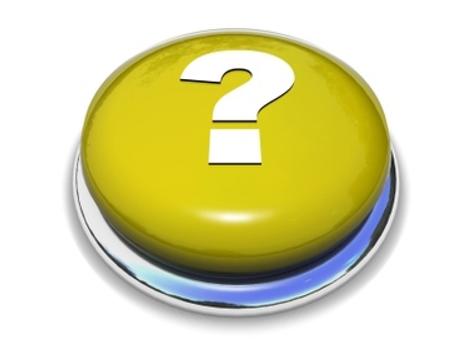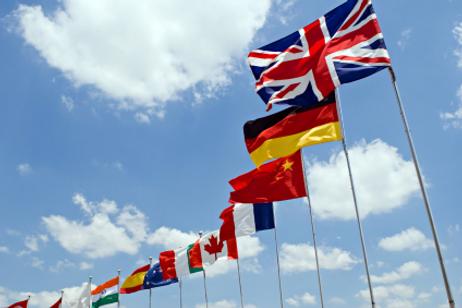A private school education is not cheap. It is a substantial financial sacrifice for many families. So why do parents willingly pay $30,000, $40,000 or more for something which public education provides free? Here are five reasons why you would do so.
1. Public education is not free.
We often forget that public schools are not free. You and I pay for public schools directly and indirectly through our property and other taxes. Public school facilities and properties are not taxable. As a result, they reduce the tax rolls of the municipality in which they are located. Attend a budget hearing for your local school district. Examine the financial statements. Then you will understand how and where your tax dollars are spent.
What kind of education are your public schools providing? Do the public schools offer the depth and breadth of academic programs you want and need for your child? What about sports programs and extracurricular activities? Have these been cut or substantially reduced because of budget cuts? Peter Green spells out what budget cuts can do to an arts program in his article What We Lose When We Cut Fine Arts Education. It is pretty much the same story with any program which is deemed an extra in public education.
Private education is an investment in your child's future. You educate your child privately because you want something better for your child. Private schools do not cut sports, arts and extracurricular funding as a rule.
























